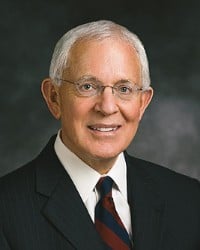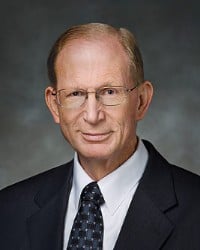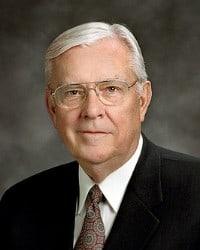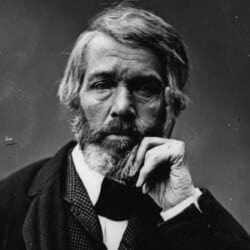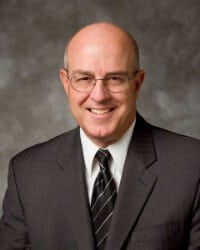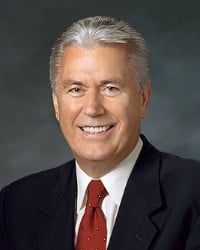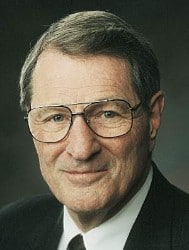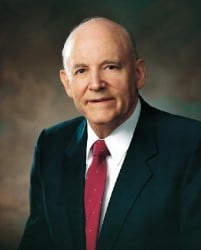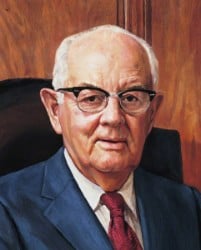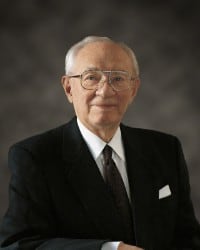
God is weaving his tapestry according to his own grand design. All flesh is in his hands. It is not our prerogative to counsel him. It is our responsibility and our opportunity to be at peace in our minds and in our hearts, and to know that he is God, that this is his work, and that he will not permit it to fail.
We have no need to fear. We have no need to worry. We have no need to speculate. Our imperative need is to be found doing our duty individually in the callings which have come to us.
| “He Slumbers Not, nor Sleeps,” Ensign, May 1983
